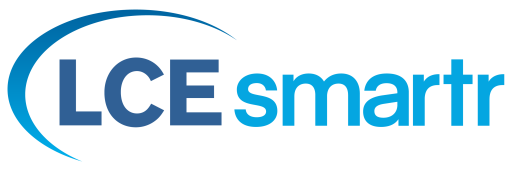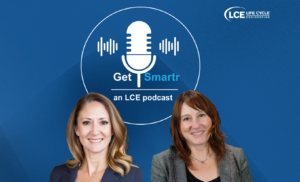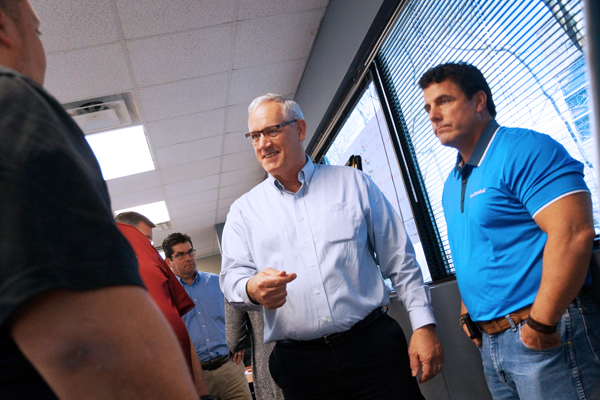Learning experiences produce results by changing behavior. Behavior-changing learning experiences are led by experienced, passionate professionals who know the content and how people learn.
At the Life Cycle Institute class leaders are called facilitators. This acknowledges that in addition to being experienced authorities on their topic, they have a passion for teaching and have developed this passion into a set of learning facilitation skills.
An instructor is a content resource. Most content experts share their knowledge through writing or lectures. When they instruct, they appear as the “sage on the stage” imparting all knowledge to a passive participant. They are a content resource. They control what is taught and when. It is up to the participant to adapt their personal style and prior knowledge to learn new skills and knowledge.
A facilitator, on the other hand, is a process manager first, a content resource second. Facilitators use their knowledge of how people learn to create an active environment that embraces participants’ prior knowledge and unique learning style. They engage the participant in taking charge of their learning. When they facilitate, they appear as a “guide by the side” encouraging the sharing of knowledge by and with an active participant.
Adults learn best when certain conditions are present, conditions that are different than traditional instructor-led classes. This is a well-established and proven fact. Malcolm Knowles identified these and popularized “andragogy” as the Theory of Adult Learning. The four conditions that are influenced or directly stated principles of andragogy are woven into all successful adult learning.
- Adults are ready to learn when they sense a need to cope with real-life situations.
- Adults learn best when they take charge of their learning.
- Adults engage in learning with unique and often extensive prior knowledge that will aid or inhibit learning.
- Adults who test and apply new knowledge and skills in the learning environment are more likely to change their behavior on the job.
Facilitators complete a rigorous qualification and are continuously engaged in activities that enhance their effectiveness at facilitating learning. This includes a rich repertoire of openers, closers, energizers, and interactive lecture techniques. Facilitators begin as highly qualified content instructors. They then work to build their facilitation skills through development activities. So even though we call them facilitators, they are really both and can apply either style based on participants’ needs and the course learning objectives.
There are eight competencies a facilitator is expected to have:
- Prepares for training delivery
- Creates a positive learning climate
- Establishes credibility as a facilitator
- Adapts teaching to what participants know and how they learn
- Focus on learning objectives
- Facilitates learning by encouraging participation
- Employs a variety of teaching tools and techniques
- Ensures learning outcomes
An effective course depends on the quality of the learning objectives. The ability to change behavior to achieve a desired result is dependent on active, measurable learning objectives.
An effective class depends on the quality of the facilitator. A well-designed course alone does not make an effective class. A weak facilitator who is dependent on slides and lectures will deliver a weak class, regardless of the quality of the course design and materials. A strong facilitator with a deep knowledge of the content, an understanding of how adults learn, and a rich repertoire of activities to facilitate learning can deliver an effective class despite weak course design and materials.
Adults participate in formal learning activities to enhance their ability to produce specific results. Producing results through learning is best achieved in an environment in which a clear, active, measurable objective (result) is identified and an effective facilitator guides the process.
For more information about how the Life Cycle Institute can help your learning programs yield more effective results, please contact us at 800-556-9589 or education@LCE.com.
















